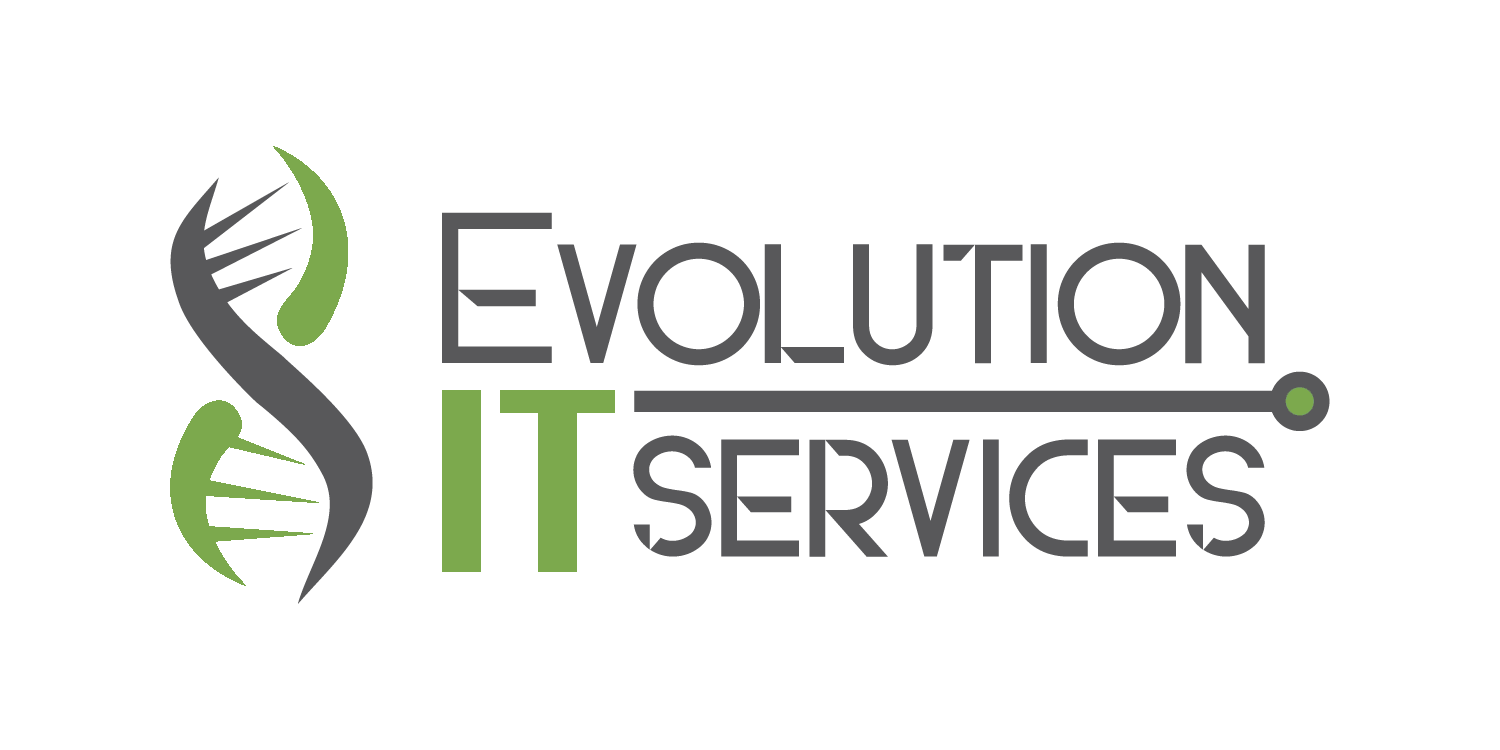
In the rapidly evolving digital landscape, website hosting services play a crucial role in ensuring the seamless functioning and accessibility of websites. As technology advances at an unprecedented rate, the future of website hosting holds great promise. In this article, we will delve into emerging trends and technologies that are shaping the future of website hosting services. By understanding these developments, readers will gain valuable insights to make informed decisions about the website hosting services they go for.
Serverless Architecture: Embracing Efficiency and Scalability
Traditional website hosting often relied on dedicated servers to store and deliver website content. However, serverless architecture is poised to transform the hosting landscape. In this model, the responsibility of server management is shifted to the hosting provider, allowing website owners to focus solely on their applications.
With serverless architecture, websites can enjoy enhanced efficiency and scalability. Resources are provisioned dynamically, allowing for automatic scaling based on the current demand. This ensures optimal performance and eliminates the risk of website crashes during high-traffic periods. Additionally, serverless hosting reduces costs as users pay only for the resources consumed rather than maintaining dedicated servers.
Edge Computing: Powering Faster and More Responsive Websites
The rise of edge computing is revolutionizing the way websites are hosted and delivered to users. Unlike traditional hosting, which relies on centralized data centers, edge computing brings computing power closer to the end user. By placing servers at the edge of the network, closer to the geographical location of users, websites can benefit from reduced latency and improved responsiveness.
Edge computing enables websites to deliver content quickly, enhancing the user experience. This technology is particularly advantageous for dynamic websites that require real-time data processing, such as e-commerce platforms or video streaming services. As edge computing continues to evolve, website owners will have the opportunity to provide seamless and interactive experiences to their users.
Containerization: Streamlining Website Deployment and Management
Containerization has gained significant popularity in recent years as a method for hosting applications. It allows for the encapsulation of an application and its dependencies into a lightweight, portable container. This enables seamless deployment across different environments, making it easier for website owners to manage and scale their applications.
Containers provide an isolated and secure environment for hosting websites, ensuring that applications run consistently across different platforms. This approach enhances resource utilization, as multiple containers can run on a single server without interference. Additionally, containerization promotes faster development cycles, as developers can build and test applications in isolated environments, reducing the risk of conflicts.
Advancements in Security Protocols: Safeguarding Websites and User Data
In an era where cyber threats are increasingly sophisticated, the security of websites and user data is paramount. The future of website hosting is witnessing significant advancements in security protocols to address these challenges effectively.
Secure Socket Layer (SSL) and Transport Layer Security (TLS) protocols have become standard for encrypting data transmitted between websites and users, ensuring confidentiality and integrity. These protocols are continuously evolving to mitigate vulnerabilities and stay ahead of emerging threats.
Additionally, the emergence of Web Application Firewalls (WAFs) offers enhanced protection against common web-based attacks, such as SQL injections and cross-site scripting. WAFs analyze incoming traffic and block malicious requests before they reach the website, fortifying its defenses.
Green Hosting: Sustainability for a Better Future
Green hosting is not only beneficial for the environment but also for website owners. By choosing green hosting, website owners can demonstrate their commitment to sustainability and contribute to a greener future.
Data centers play a crucial role in green hosting by adopting energy-efficient technologies. Server virtualization allows for better utilization of hardware resources, reducing energy waste. Integrating renewable energy sources, such as solar or wind power, helps minimize carbon emissions associated with hosting services. Efficient cooling systems, such as advanced air conditioning or liquid cooling, ensure optimal energy usage.
Aside from the environmental benefits, green hosting offers website owners reliable and eco-friendly hosting services. It enhances brand reputation and attracts environmentally conscious visitors who appreciate sustainable practices. Additionally, some hosting providers offer certifications or badges that showcase the website’s commitment to sustainability.
Internet of Things (IoT): Hosting Beyond Websites
The advent of the Internet of Things (IoT) has extended the realm of website hosting to include connected devices. With IoT, everyday objects can now be embedded with sensors and internet connectivity, allowing them to interact with users and exchange data.
This opens up new hosting opportunities, as devices such as smart home appliances, wearables, and industrial equipment require hosting services to store and process data. The future of website hosting will encompass managing websites and the vast network of interconnected devices.
Cloud Hosting: Scaling New Heights
Cloud hosting has emerged as a game-changer in the website hosting industry. Instead of relying on a single physical server, cloud hosting utilizes a network of interconnected servers, creating a scalable and flexible infrastructure.
This enables websites to handle increased traffic seamlessly while ensuring optimal performance. With cloud hosting, website owners can bid farewell to the limitations of traditional hosting plans and enjoy on-demand resources tailored to their specific needs.
Conclusion
The future of website hosting is teeming with exciting possibilities. These developments offer enhanced scalability, faster content delivery, streamlined deployment, and fortified security measures. By staying informed and evaluating their specific requirements, website owners can make educated decisions when choosing their hosting services, ensuring optimal performance and a seamless online presence in the digital era. Furthermore, advancements in security protocols ensure robust protection against cyber threats.
As website owners navigate the ever-evolving digital landscape, understanding these emerging trends and technologies will empower them to make informed decisions when choosing their website hosting services. By embracing these innovations, website owners can stay ahead of the curve and provide exceptional online experiences to their users.


